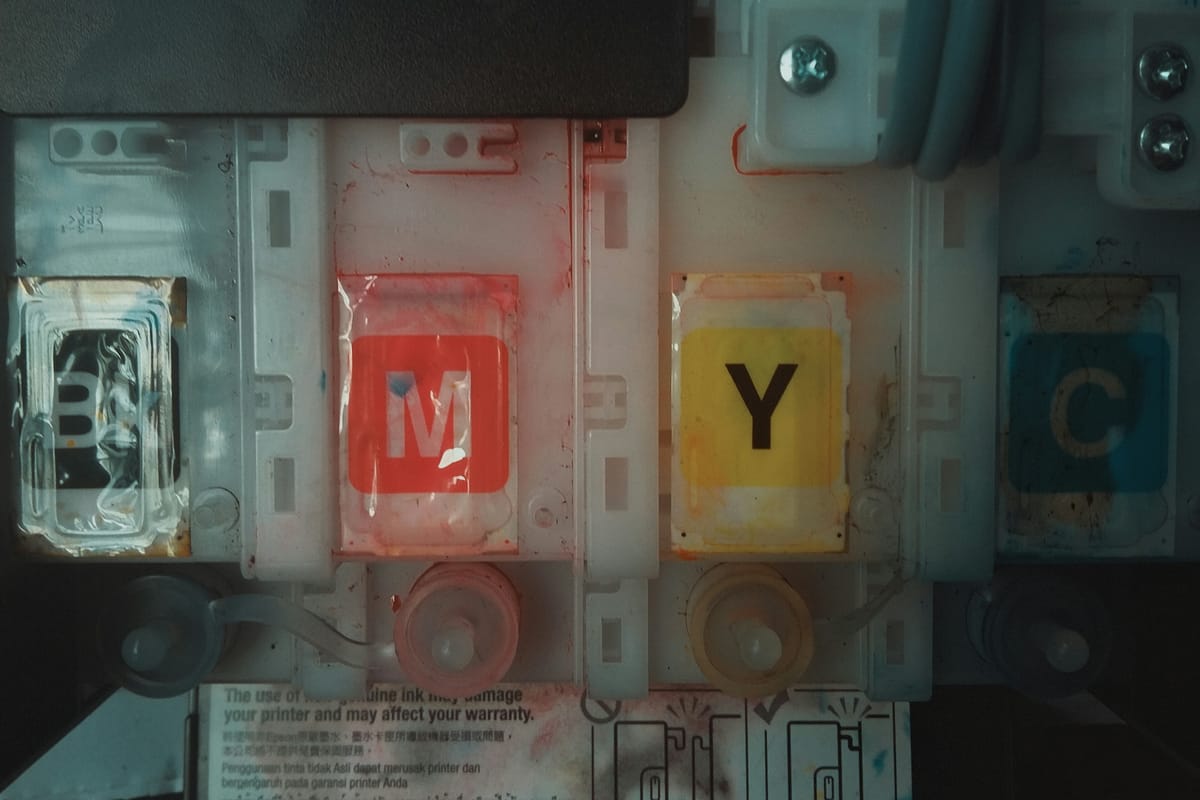It's a paperless world after all

After so many years of hearing about the paperless office, could we finally be there? I think we could be close.
Just this morning, I read about HP, the printer and PC company, introducing a new subscription model. Instead of buying a printer and ordering cartridges when you run out of ink, or subscribing to a cartridge refill program, you can rent the printer. That's right, for as little as $6.99 per month, you can get yourself and HP printer and print up to a whopping 20 pages per month and you get ink refills included in that too.
It's not a ton of money, and it makes sense for HP, but it's not the business model that caught my attention, it's the page printing limit. Twenty pages at first blush seems like a paltry amount. But upon further reflection I realize I don't often print out a single page in a month these days, never mind 20.
In most cases that would involve someone forcing me to print a document, fill it out with ink, then scan it in and return it to the company as an attachment to an email. Just last week I got a form like this, and when I asked for one I could sign electronically, the person replied, of course and sent it right over.
A couple of weeks ago in a family text exchange, I suggested to my son that he call his health insurance company for proof of insurance tax form. My oldest then piped up, what he means is go to the company portal and download the document. Of course, so much easier and I should have thought of it.
When 20 pages a month seems like a high bar, it shows you that perhaps it's a (nearly) paperless world after all. HP is holding on hoping that those few people who still print hard copies will subscribe for the privilege of having a printer, but seems like the world has passed HP by and even the subscription model won't save it.
Some of my recent articles on TechCrunch:
Enterprise SaaS investment makes a comeback — but not where you’d expect (with Alex Wilhelm)
Zendesk adds flexible AI agent capabilities with Ultimate acquisition
WarpStream is building a cheaper, cloud-native data streaming service
Aaron Levie leads Box into its third era focused on workflow automation and AI



